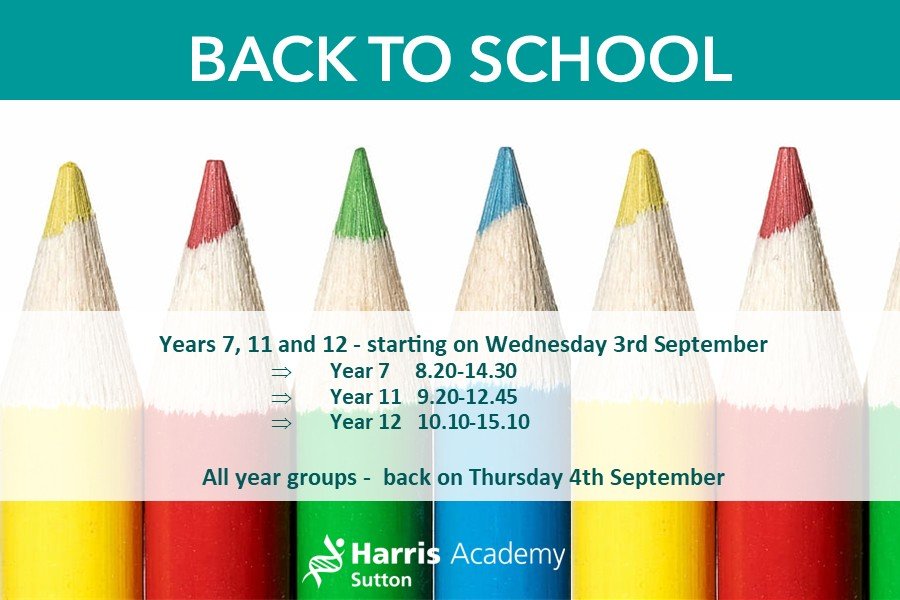Religious Studies
What is Religion Philosophy and Ethics (RPE)?
Religion Philosophy and Ethics (RPE) is the study of religious, philosophical and non-religious worldviews, beliefs, behaviours and institutions, and how they have shaped and continue to shape the world in which we live. At Harris Academy Sutton, RPE curriculum is studied through the lenses of three core disciplines: philosophy, theology and social sciences in order to provide our students with strong and diverse subject knowledge. Through philosophy, students study big, challenging, and sometimes unanswerable questions about the world and our lives. Through theology, students ask deep questions about the nature of divine and divine revelations. Finally, through social sciences lens, students explore different perspectives and methods and viewing social, religious and philosophical concepts and ideas which are influencing our lives.
Why do we teach RPE at HASU?
RPE is intended to give students an understanding of the world’s most influential and enduring religious, non-religious and philosophical ideas. Over the three years of Key Stage 3, all students will develop their religious and cultural literacy through learning about a range of religious traditions but also non-religious worldviews. In addition, students will be introduced to philosophy through introductions to philosophy or religion, ethics and social philosophy. Should students wish to continue the subject at GCSE, they will develop an even deeper understanding of the world’s two largest religions (Christianity and Islam) and analyse in greater detail how religious beliefs and practices influence life in the modern world today.
Fundamentally, we teach RPE to develop students’ religious literacy. By this, we mean the knowledge of and ability to understand religion (and by extension our religiously influenced, multicultural, globalised world) and non-religious worldviews. RPE at HASU intends to send our students into the world with an enduring understanding of and appreciation for religion and philosophy. Through RPE, we develop students’ ability to empathise and ask probing questions of the ideas of others. Likewise, we help students to develop their literacy and oracy skills so that they can better understand and engage with the great conversations of humanity.
Religion Philosophy and Ethics also contributes as an important strand of our efforts as an Academy to promote fundamental British values, our Rights Respecting Schools agenda, and support our students wider social, moral, spiritual and cultural development (SMSC). Underpinning our entire RPE curriculum are norms of tolerance, respect, and curiosity.
Pragmatically, we believe that a thorough understanding of religion, philosophy and ethics provides a fantastic academic foundation for further study in literature, history, the arts and beyond. We believe that it’s every child’s right to develop a thorough understanding of the ideas that have shaped, and continue to shape, our world.
How do we teach RPE at HASU at Key Stage 3?
At Key Stage 3, each year is focussed on a series of core learning questions (there are 11 core learning topics throughout the Key Stage 3), which are addressed throughout the period of study. We study the variety of different religious and non-religious worldviews using the lenses of theology, philosophy and social sciences. Our inquiry questions are thematically studied and are linked to the aforementioned lenses. For example, our first topic in year 7 is a philosophical topic – How do humans find meaning – which explores diversity of worldviews and different ways how they are formed.
Students address our core learning questions in a variety of ways: through discussion, engagement with sources and resources, and through engaging in genuine philosophical discourse of their own. We encourage students to engage with narrative and stories, and to evaluate the significance and implications of sacred texts for believers.
We believe that the explicit teaching of religious and philosophical vocabulary is fundamental to success in RPE, and encourage students to deliberately practice their reading, writing and speaking in this subject.
How do we teach Religious Studies at HASU at Key Stage 4?
Students will have the option of studying Religious Studies at GCSE as part of our broad and balanced Key Stage 4 curriculum. At Key Stage 4, students will focus their studies on two strands:
-
The study of religions: beliefs, teachings, and practices
-
Thematic studies
These strands are taught alongside one another over the two years of the course, and at HASU we focus on the world’s two largest faiths: Christianity and Islam. Students will address these strands through the study of a sequence of learning questions over time, and as part of this study will engage in close analysis of religious scripture and investigation of contemporary religious practices. In a Key Stage 4 RS lesson, students might analyse a Bible passage, watch a short extract from a documentary on Street Pastors, and then tackle an extended written question on the role of the church in modern society.
What exam board do we study and Key Stage 4?
Students studying RS follow the AQA Religious Studies A (8062) Specification.
This specification can be found here.
Homework
In RPE, homework is used as an opportunity to consolidate classroom learning. Students are set short retrieval quizzes that encourage them to recall the information that has been learnt during lessons. Through regular retrieval, students embed their knowledge of religion and philosophy, allowing them to engage with the subject at a progressively deeper level as they move through their studies. Furthermore, students are occasionally set short writing tasks to promote the development of their writing skills and improve their understanding of the core learning.
At Key Stage 4, students will also spend time unpicking extracts from scripture, analyse stories, parables and powerful teaching using hermeneutical skills developed in lessons, as part of their homework, in order to support their GCSE studies.
Assessment
In RPE, we assess students’ understanding through a range of strategies including multiple choice quizzes, short answer questions and lengthier essay style tasks intended to stretch students’ evaluative skills. Together, these strategies consolidate learning and allow us to gain a rich picture of how well students’ knowledge of religion, philosophy and religious literacy has developed over the course. These assessment methods help our Key Stage 3 students to familiarise the the Key Stage 4 (GCSE) style of assessment as their AQA RS GCSEs exam is composed of all styles of questions. At GCSE, we assess students’ understanding through a range of formative strategies that consolidate learning alongside regular opportunities to tackle examination style questions that resemble the kinds of questions students are to answer in their RS GCSE.
























